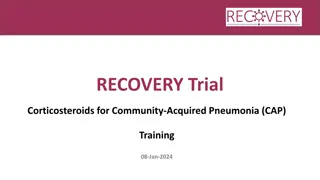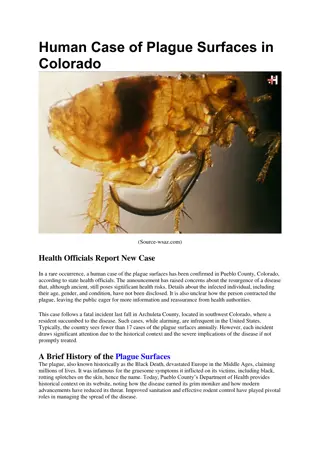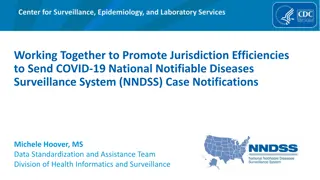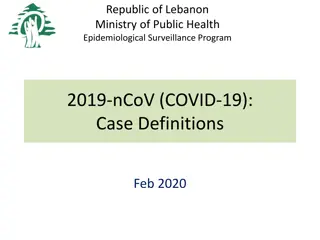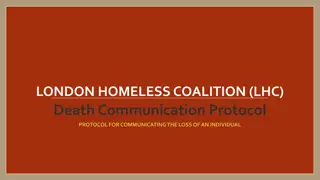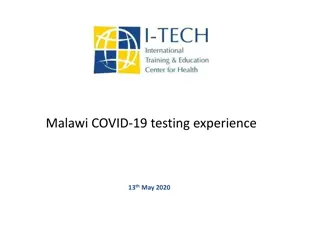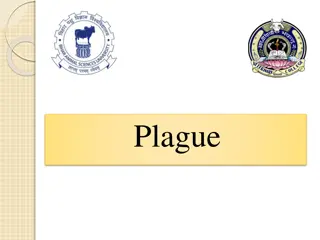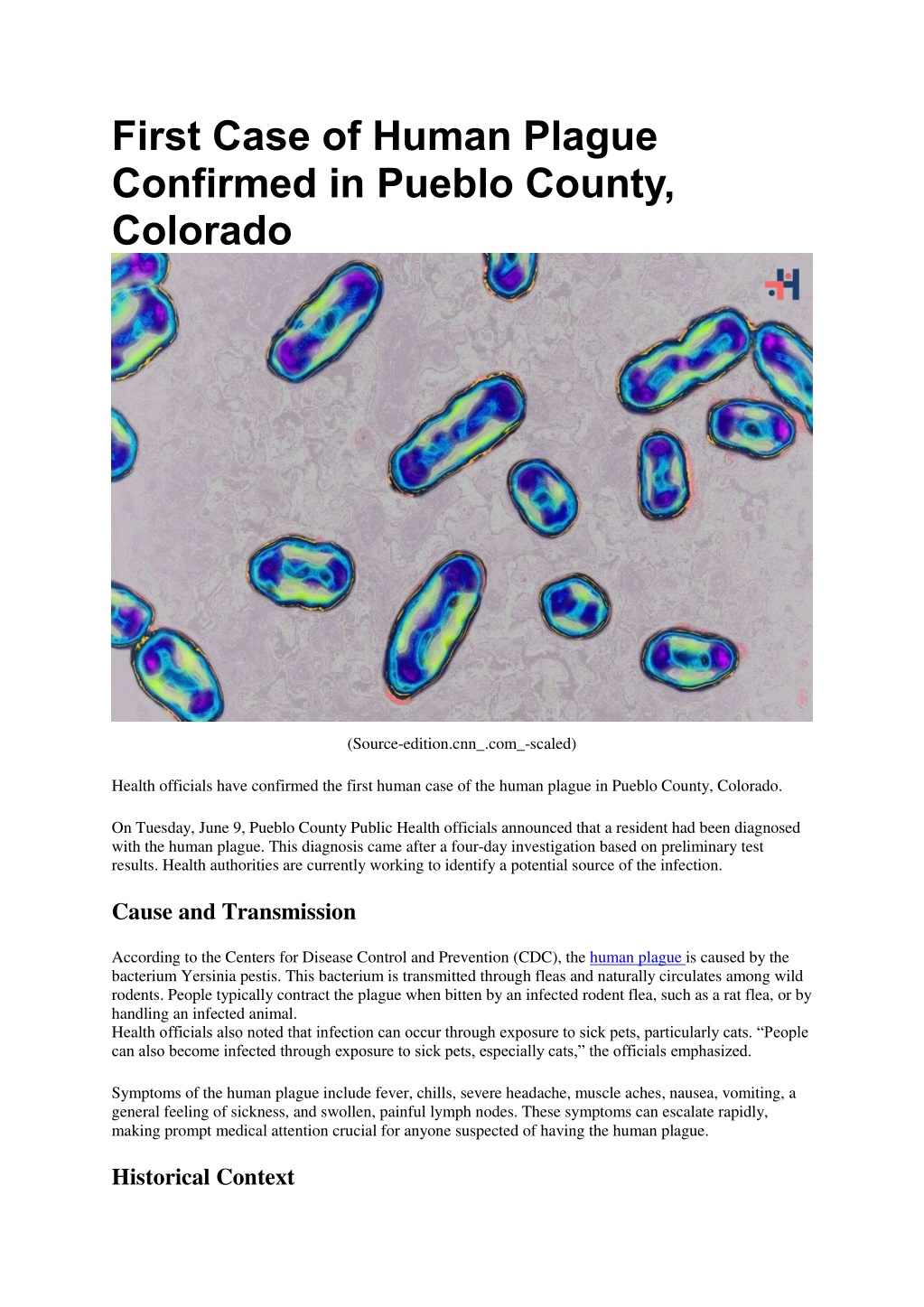
First Case of Human Plague Confirmed
Health officials have confirmed the first human case of the human plague in Pueblo County, Colorado.
Uploaded on | 0 Views
Download Presentation

Please find below an Image/Link to download the presentation.
The content on the website is provided AS IS for your information and personal use only. It may not be sold, licensed, or shared on other websites without obtaining consent from the author. Download presentation by click this link. If you encounter any issues during the download, it is possible that the publisher has removed the file from their server.
E N D
Presentation Transcript
First Case of Human Plague Confirmed in Pueblo County, Colorado (Source-edition.cnn_.com_-scaled) Health officials have confirmed the first human case of the human plague in Pueblo County, Colorado. On Tuesday, June 9, Pueblo County Public Health officials announced that a resident had been diagnosed with the human plague. This diagnosis came after a four-day investigation based on preliminary test results. Health authorities are currently working to identify a potential source of the infection. Cause and Transmission According to the Centers for Disease Control and Prevention (CDC), the human plague is caused by the bacterium Yersinia pestis. This bacterium is transmitted through fleas and naturally circulates among wild rodents. People typically contract the plague when bitten by an infected rodent flea, such as a rat flea, or by handling an infected animal. Health officials also noted that infection can occur through exposure to sick pets, particularly cats. People can also become infected through exposure to sick pets, especially cats, the officials emphasized. Symptoms of the human plague include fever, chills, severe headache, muscle aches, nausea, vomiting, a general feeling of sickness, and swollen, painful lymph nodes. These symptoms can escalate rapidly, making prompt medical attention crucial for anyone suspected of having the human plague. Historical Context
The human plague, infamous for its rapid spread through Europe in the 1300s, resulted in the death of nearly a third of the continent s population. While modern cases are rare and treatable with antibiotics, the historical context underscores the potential severity of the disease if left untreated. In response to the confirmed case, Pueblo County Public Health officials are collaborating with state and federal health agencies to conduct a thorough investigation. They aim to trace the source of the infection and implement measures to prevent further cases. Public awareness and education are also key components of their response strategy. CDC Recommendations The CDC recommends several preventive measures to reduce the risk of human plague infection: Importance of Vigilance Avoiding contact with sick or dead animals. Using insect repellent to prevent flea bites. Keeping pets free of fleas and avoiding allowing them to roam or hunt in rodent-infested areas. Reporting any sudden or unusual die-offs of rodents or rabbits to local health authorities. Health officials urge the public to remain vigilant and report any unusual symptoms or rodent activity to local health departments. Early detection and treatment are critical in managing and containing the spread of the human plague. The confirmation of the first case of the human plague in Pueblo County serves as a reminder of the ongoing presence of this ancient disease. While modern medicine offers effective treatment, awareness and prompt action remain essential in preventing outbreaks. Pueblo County Public Health officials, along with state and federal agencies, are committed to investigating the source and ensuring the health and safety of the community. Find practical solutions to common challenges through our insightful articles on Healthcare 360 Magazine










